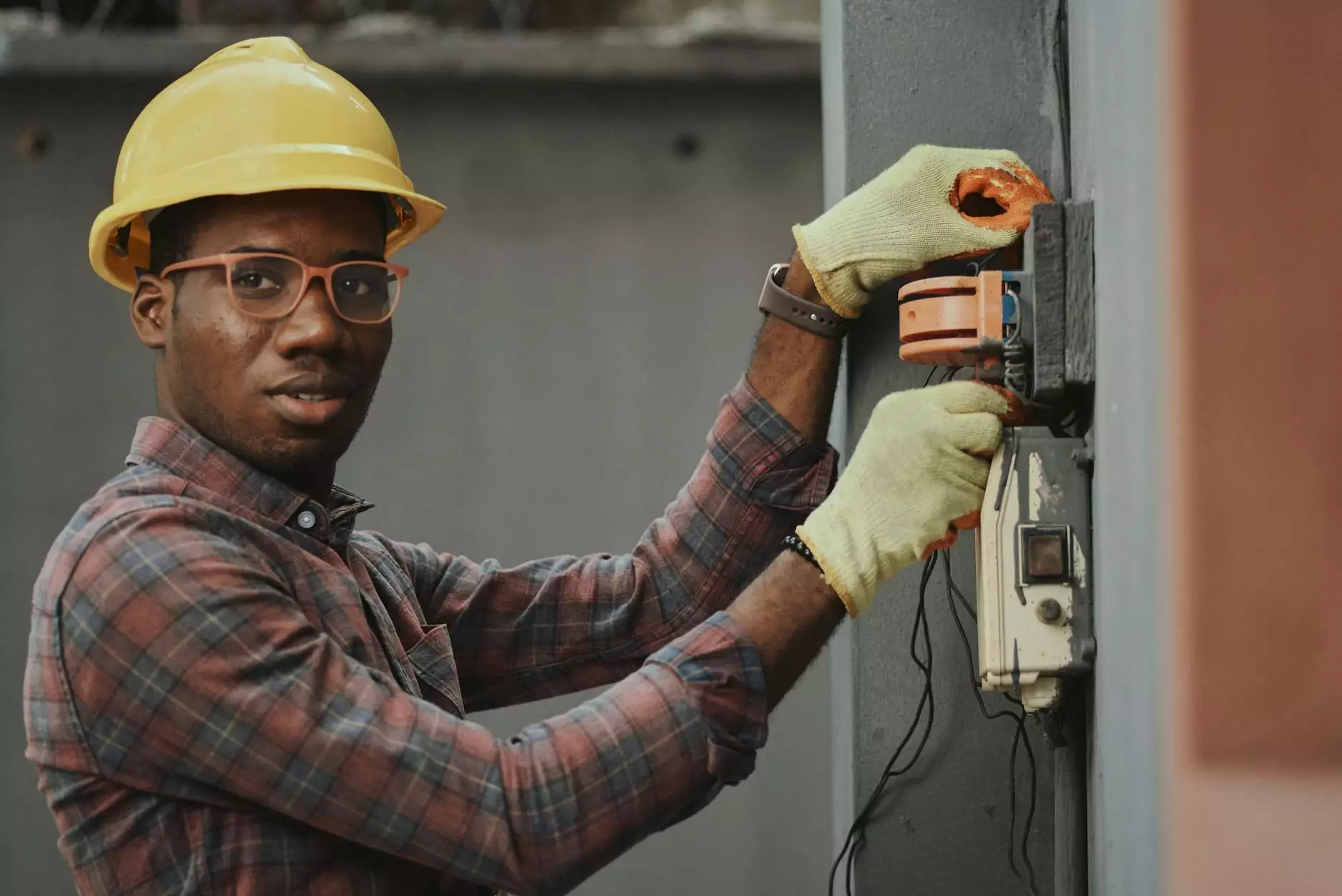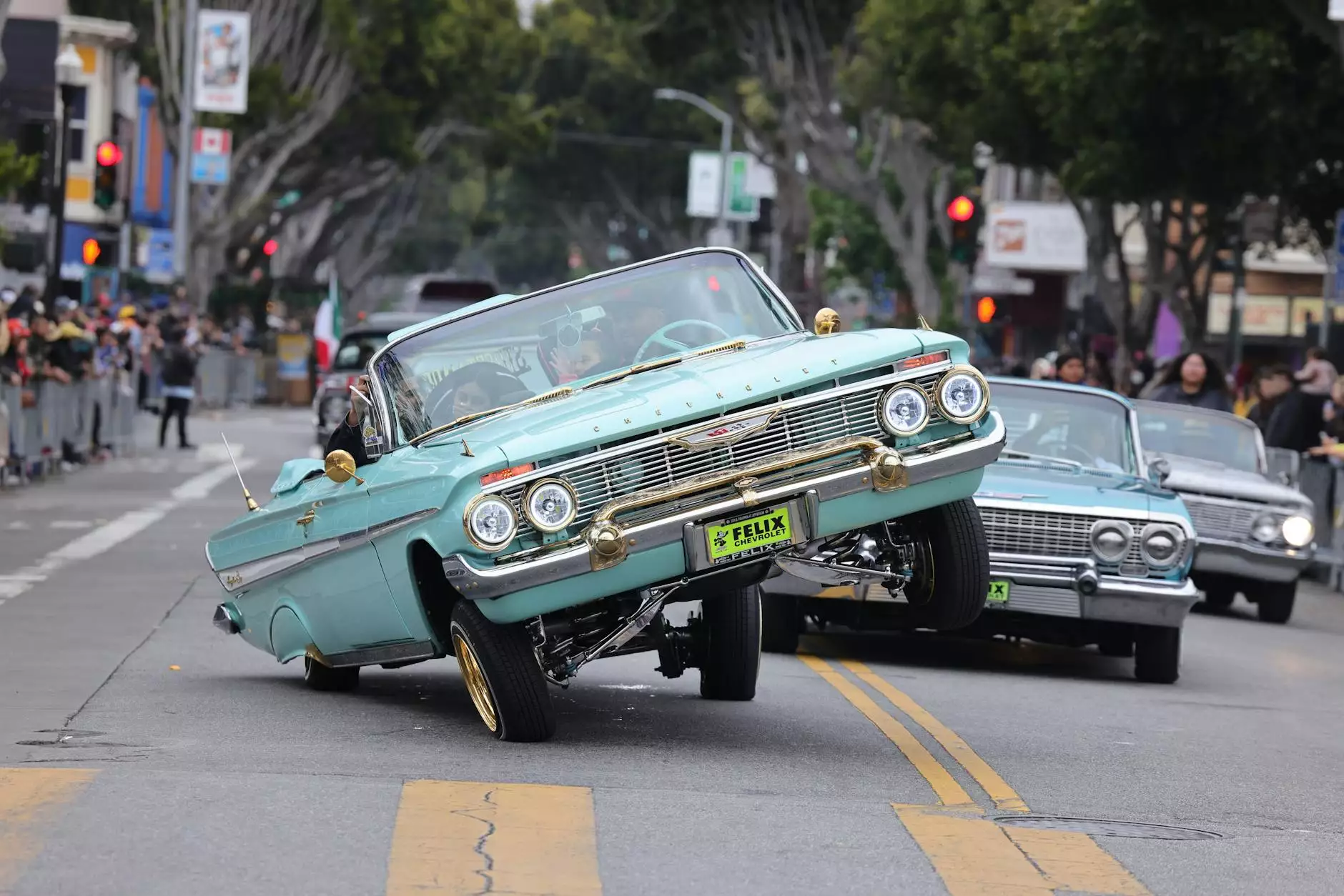Understanding Car Inspection Requirements in Indiana

What is a Car Inspection?
Car inspection is a crucial process aimed at ensuring that vehicles adhere to safety and emissions standards set by the government. In Indiana, it’s a necessary step for vehicle registration, ensuring the roads stay safe for everyone.
Why Are Car Inspections Important in Indiana?
Car inspections serve multiple purposes:
- Safety: Inspections ensure that vehicles are safe to operate, reducing the risk of accidents caused by mechanical failures.
- Environmental Concerns: Regular inspections help minimize pollution by ensuring that vehicles meet emissions standards.
- Legal Compliance: Completing an inspection is often necessary to maintain the legality of your vehicle.
Indiana Car Inspection Requirements
In Indiana, there are specific requirements for car inspections. Here’s what you need to know:
1. Safety Inspection
Safety inspections focus on the following components:
- Brakes
- Lighting system
- Tires and Wheels
- Windshield Wipers
- Steering and Suspension
2. Emissions Testing
While not all areas in Indiana require emissions tests, if you are in the following counties, you will need to undergo emissions testing:
- Lake
- Marion
- Tippecanoe
- Vanderburgh
Vehicles manufactured after 1975 may require an emissions inspection to ensure they meet acceptable pollution levels.
How to Prepare for a Car Inspection in Indiana
Preparing for a car inspection in Indiana is essential to ensure a smooth experience. Here are some tips:
- Schedule in Advance: Book your inspection appointment ahead of time to avoid long waits.
- Check Your Vehicle: Conduct a preliminary check of your car’s crucial components. Look at lights, brakes, and wipers.
- Gather Documents: Ensure you have your vehicle registration and any previous inspection reports.
- Consider Necessary Repairs: If you know your vehicle has issues, it’s better to get them repaired before the inspection.
Where to Get Your Car Inspected in Indiana
Finding a reliable inspection service is critical. In Indiana, there are several places you can go for inspections:
- Authorized Inspection Stations: Look for garages or stations licensed by the state to conduct inspections.
- Local Auto Repair Shops: Many local mechanics offer inspection services.
- Dealerships: If your car is still under warranty, your dealership may provide inspection services.
For those in Indianapolis, asgindy.com is a trustworthy source for auto repair and inspection services.
What to Expect During an Inspection
Understanding the inspection process can make it less daunting.
1. Arrival and Initial Checks
Upon arrival at the inspection station, you'll check in and present your documents. The inspector will generally perform a quick visual assessment before moving to more detailed checks.
2. Detailed Inspection Process
The detailed inspection will cover:
- Tire condition and tread depth
- Brake functionality including brake pads and rotors
- Lights including headlights, tail lights, and indicators
- Exhaust emissions and any indicators of leakage
- Windshield and wipers for visibility issues
3. Receiving Your Results
After completing the inspection, you will receive a report detailing any issues. If your vehicle passes, you’ll get the necessary documentation to maintain your registration.
Common Issues Found During Inspections
There are several issues that inspectors commonly find that may require immediate attention:
- Brake Problems: Worn-out brake pads or disc issues are frequent findings.
- Lighting Failures: Burnt-out bulbs can often be an easy fix but lead to failures in inspections.
- Emission System Leaks: Issues with the exhaust or catalytic converter can cause vehicles to fail emissions tests.
- Tire Issues: Worn tires or improper tire pressure can lead to a failed inspection.
Tips for Maintaining Your Vehicle to Pass Inspections
To ensure you pass inspections and keep your vehicle running smoothly, consider the following maintenance tips:
- Regularly Check Your Oil: Change your engine oil every 3,000 to 5,000 miles, depending on the vehicle.
- Monitor Fluid Levels: Regularly check wiper fluid, brake fluid, coolant, and transmission fluid.
- Inspect Brakes: Replace brake pads as needed to enhance performance and safety.
- Control Tire Health: Ensure tires are properly inflated and rotated according to schedule.
Conclusion: Stay Ahead with Car Inspections in Indiana
Maintaining your vehicle and staying compliant with car inspection in Indiana is critical not just for legality but for overall safety on the roads. By being proactive, preparing properly, and choosing the right services, you can ensure your vehicle remains in great shape, reducing the chances of failure during inspection.
For all your inspection and auto repair needs in Indianapolis, don’t hesitate to visit asgindy.com. With skilled professionals and a commitment to excellence, they ensure your vehicle is road-ready.
car inspection indiana








